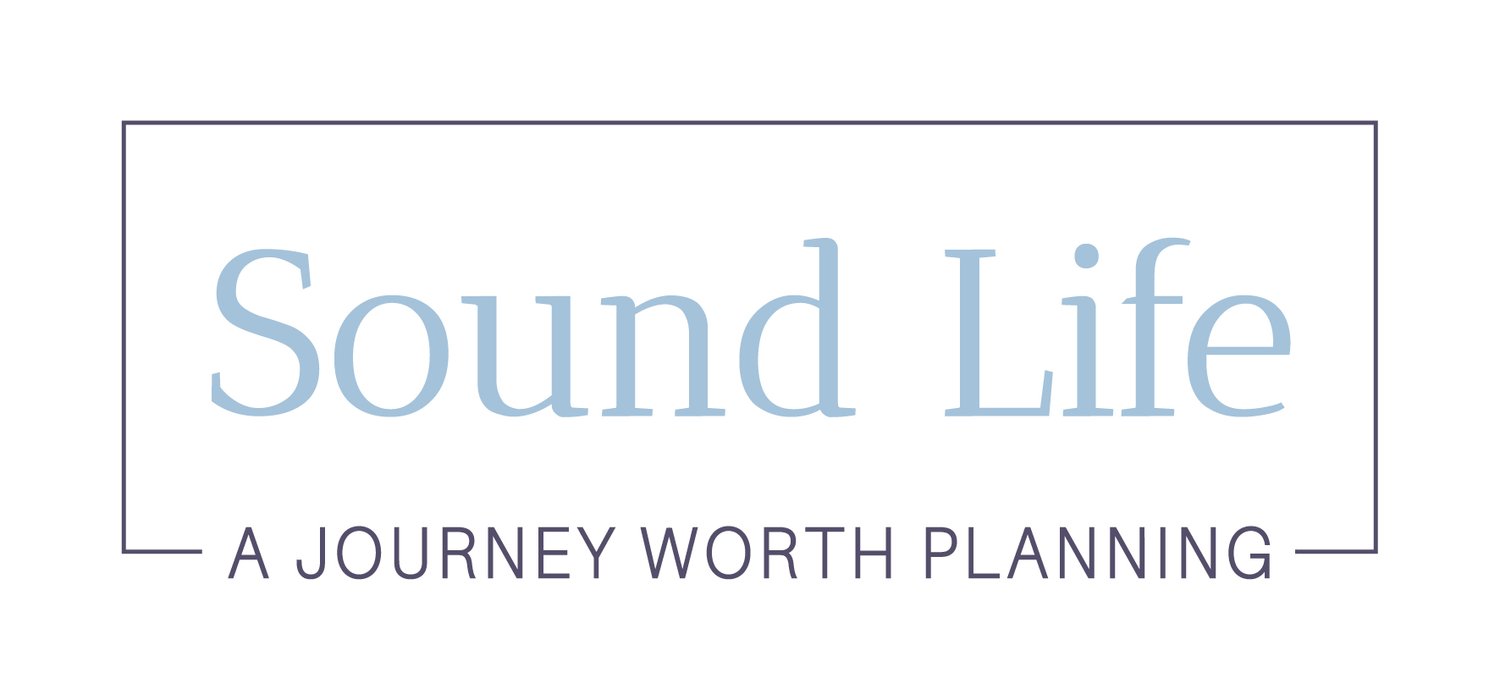Where will you live out your retirement?
If retirement has been on your mind lately and you like the idea of relocating - maybe a sea or tree change is on the cards?
While COVID-19 may have thrown a spanner in the works by limiting your options, it's never too soon to consider what your retirement years may look like and where you'd like to see out your golden years!
Of course, if you live in our beautiful part of the country, the Great Southern region of Western Australia, this may already be where you will settle! Or, maybe you've lived your whole life here and need a change of scenery and climate?
When considering relocating, it's worth researching and planning your options, taking your time to consider and weigh up the pros and cons of each.
We think the below extract from Innergi's Financial Knowledge Centre can be a great resource for working through the ‘Five Ws and How’ (i.e. why, who, what, where, how, and when) principle.
We know, it doesn't quite roll off the tongue but stay with us if you are at this stage of your life. It's a useful checklist that may help provide you with some clarity or to ask yourself some questions that you may not have considered.
FIVE W'S AND HOW:
1. Why
Why will you be making a move (lifestyle, financial, or both)? For example, your children have flown the coop. Alternatively, or in the same vein, you would like to downsize the family home and in doing so also unlock some additional capital to help fund (or boost) your retirement lifestyle.
2. Who
Who will you be making a move with? For example, your partner, and other family members (children and elderly parents).
Who will you be leaving behind/moving closer to? For example, your friends and family members, as well as other social networks (community groups).
Who will you need to notify? For example, your friends and family members, as well as relevant government (Australian Electoral Commission, Australian Taxation Office, Human Services, etc.) and non-government organisations (financial institutions, health services, utility providers, etc.).
3. What
What will you be looking for with regard to housing type by making a move? For example, a house or an apartment, and whether this is incorporated within a retirement village or not.
What will you be up for in terms of the associated upfront and ongoing expenses? For example, property (buying, selling, etc.) and day-to-day living (groceries, utilities, etc.) costs.
What will you be planning to do there? For example, community and extra-curricular activities (volunteering, sport, etc.) and some form of paid employment.
What will you be requiring in terms of services? For example, health services (general practitioners, specialists, allied health, etc.) and transport services (buses, trains, ferries, etc.).
4. Where
Where will you be moving to (in general)? For example, a remote area (with potentially limited services) or a popular tourist destination (with distinct high/peak, shoulder and low/off-seasons).
Where will you be moving to (in reference to…)? For example, your friends and family members, as well as services (health services, transport services, shopping facilities, etc.) and certain area-specific risks (fire, storm, theft, etc.).
5. How
How will you be making a move (financially-speaking)? For example, renting out your family home and renting in the new location for a period before proceeding with a more permanent commitment. Alternatively, selling the family home and using the proceeds to buy a new home.
How will you be funding your cost of living? For example, drawing upon existing sources of income and investing (inside and/or outside of super) a portion of the sale proceeds from your family home.
How will you be positioned in terms of aged care services and housing adaptability as you progress through your retirement years? For example, access to aged care services in the area and house’s adaptability to your changing needs over time (wheelchair access, handrails, one storey, etc.).
5. When
When will you be making a move? For example, as soon as possible, upon reaching retirement or when your children have flown the coop.
When moving to a new location, it’s important to keep up your physical health, build a social network (engage with your new community), and stay mentally active (participate in continued learning).
So, while this list is not comprehensive, it's a great tool to use to help guide your decision making even if retirement is not quite on your radar just yet.
We know that there are very few certainties and nothing stays the same - plans can change in a heartbeat!
If this article has raised any questions and you'd like to discuss your retirement planning or transitioning to retirement, please do not hesitate to contact us.
SOURCE: Extract from: Considering a sea/tree change in retirement? Financial Knowledge Centre. Written and accurate as at: Apr 15, 2019
Sound Life & Superannuation Agencies Pty Ltd trading as Sound Life Financial Services is the Authorised Representatives of Synchron, AFS Licence No. 243313.
The information contained in this article is general in nature and does not take into account your personal situation. You should consider whether the information is appropriate to your needs, and where appropriate, seek professional advice from a financial adviser.

